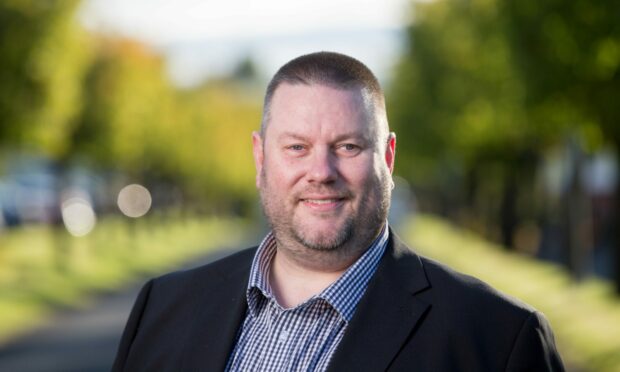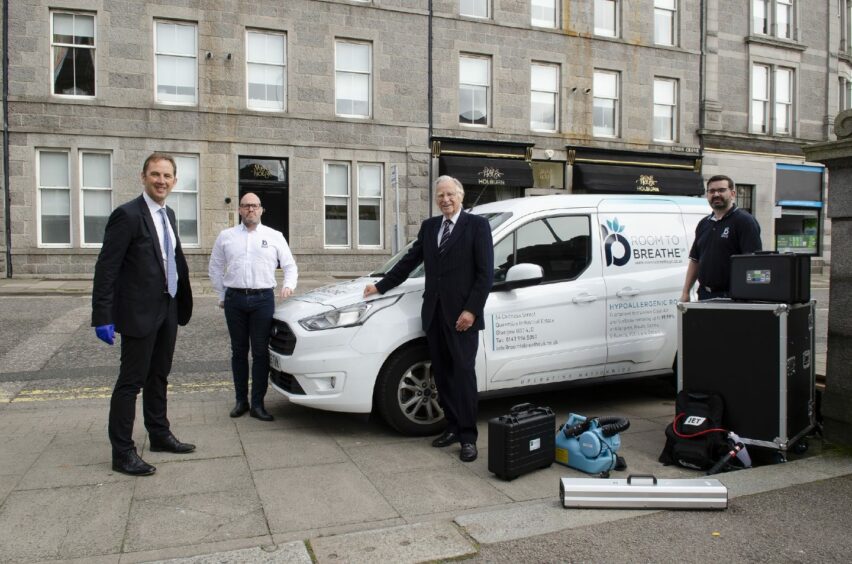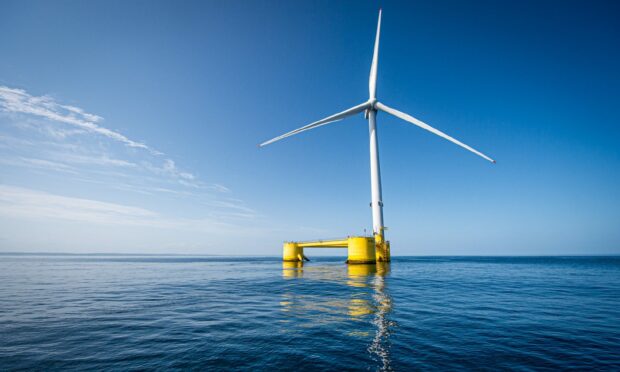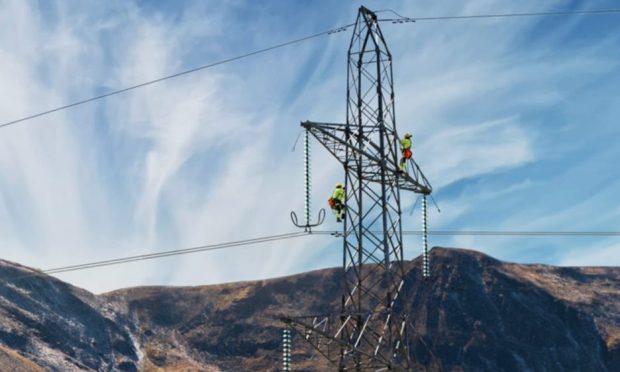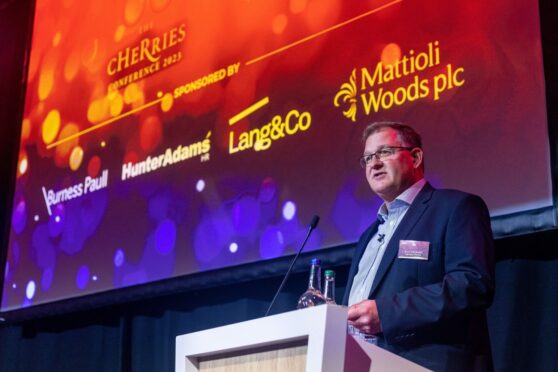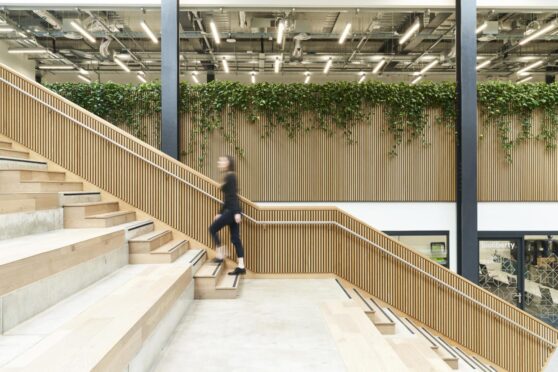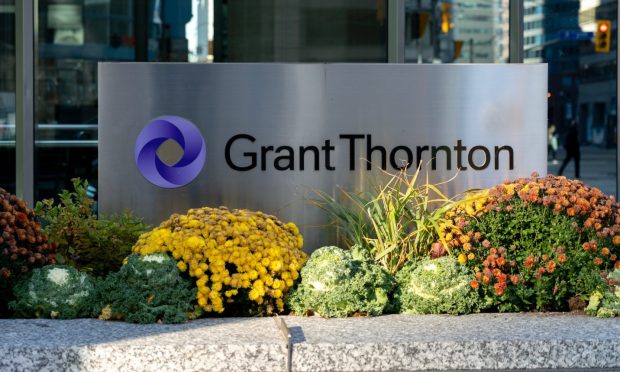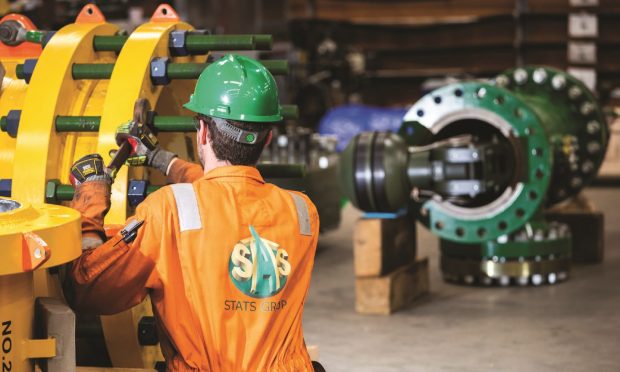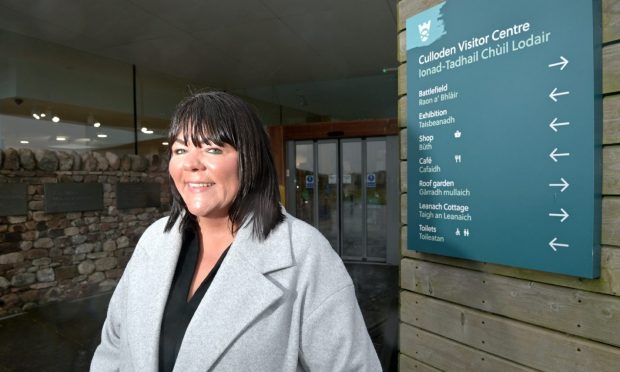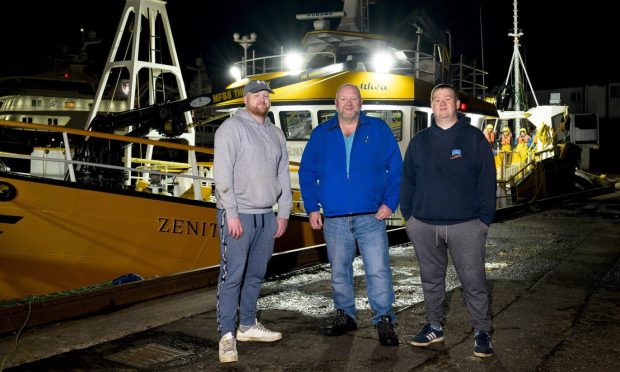A business launched by Scottish construction company InSite Group two years before the Covid-19 pandemic is enjoying success on the back of increased awareness of the importance of hygiene during the outbreak.
InSite is based in Glasgow but has been steadily spreading its wings throughout Scotland and the north of England in recent years.
Part of that is down to the growing demand for its two Covid-busting cleaning systems, Kill Prevent Protect (KPP) and Room to Breathe (RTB), based on technology developed for the space industry.
North-east hospitality sector debut
RTB underwent trials in Aberdeen last year, with Skene House Serviced Apartments (SHSA) – owned and run by north-east businessman Charles Skene and his family using it to “achieve the highest levels of hygiene and cleanliness” in its Granite City flats.
It uses technology developed by Nasa to purify air and apply antimicrobial coatings to surfaces.
Testing and swabbing was carried out under a partnership with sterilisation, infection control and medical device testing firm Andersen Caledonia.
The “non-toxic and environmentally friendly” process is said to almost completely eliminate allergens, mould, germs, influenza, volatile organic compounds and odours.
KPP and RTB are both products of a rolling programme of innovation for InSite’s specialist services division, launched in 2017.
With KPP focused on commercial premises, such as offices, gyms and restaurants, RTB was further developed to incorporate additional steps specifically for the hospitality market to explicitly focus on the wellness experience.
In excess of £300,000 was invested in developing the two systems, which use cutting-edge technology in ways believed to be unique to the market to achieve cleaner, safer, healthier indoor environments.
Ongoing innovation and diversification are crucial in ensuring we remain at the forefront of our chosen markets.”
Scott McMillan, managing director, InSite Group.
Thanks to a growing number of clients representing a variety of market sectors, the systems have been successfully deployed in settings ranging from rented flats to care homes throughout Scotland.
Now, as the events market gets back into its stride, recently-launched EventCair takes things a step further for InSite by using the same Nasa technology plus a photocatalytic oxidisation power pack in a system that is said to reduce airborne microorganisms to undetectable levels within 10 minutes.
Franchise roll-out
Due to “soaring” post-lockdown demand for the technology, InSite recently decided to roll out a franchise scheme to ensure it can be deployed quickly and effectively throughout the UK.
EventCair is specifically aimed at indoor event spaces such as theatres, concert halls, arenas and live music, conference and wedding venues, as well as tented villages.
Group managing director Scott McMillan said: “As businesses work hard to stay open, the appetite for our unique systems is more voracious than ever.
The need to find new systems which can be deployed in various settings has accelerated.”
“Our biosecurity systems initially came about before the pandemic because we recognised the need to create a hypoallergenic bedroom experience in the hospitality sector, particularly for guests dealing with issues such as allergies and respiratory conditions.
“During the Covid-19 pandemic, the need to find new systems which can be deployed in various settings has accelerated, along with the need to find a unique deep-cleaning process with scrupulous attention to detail.”
Duty of care
He added: “It is critically important that fragile customer confidence is bolstered by ongoing practices which provide robust, real assurances that locations such as restaurants, shops and event venues are doing their very best for every person who comes through their door.
“From arrival to departure and at every point in between, owners and managers have a duty of care to maximise health security and peace of mind.
“Ongoing innovation and diversification are crucial in ensuring we remain at the forefront of our chosen markets, and it is crucial that we correctly position ourselves to deliver market-leading products and services in line with the needs of a growing client base.”
Boom times for office managers as firms move to adapt the workplace
The hidden cost of Covid-19 on smaller firms and their owners
Founded in 2004, turning over in excess of £20 million annually and employing around 100 people, five separate companies make up InSite Group.
They cover specialisms ranging from the fit-out and refurbishment of commercial, industrial and retail properties to cladding, roofing, refurbishment and facilities management services.
Commercial property clients include CBRE, Colliers International, Cushman & Wakefield, Graham + Sibbald, JLL, Knight Frank, Ryden, Savills and Aberdeen-based FG Burnett.
